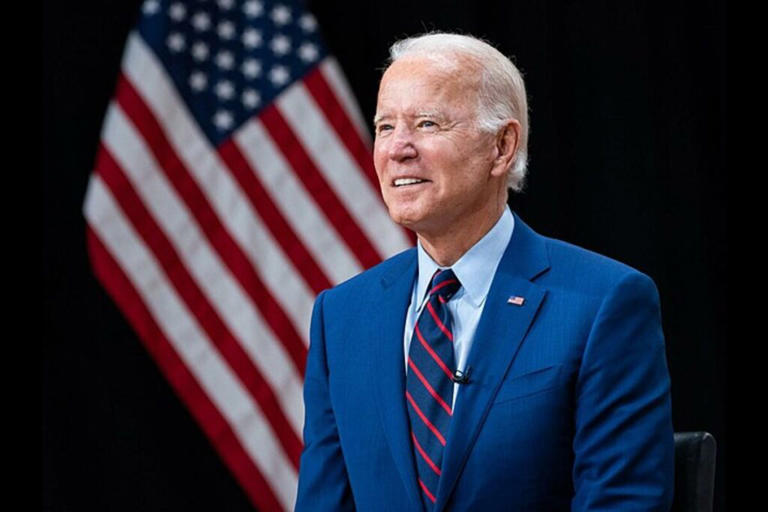President Joe Biden’s recent decision regarding America’s emergency oil stockpile, the Strategic Petroleum Reserve (SPR), has sparked widespread discussion and concern amid escalating oil prices. The Department of Energy (DOE) made an unexpected move by canceling plans to restock the SPR, citing evolving market dynamics and the imperative to safeguard this crucial national security asset.
Established in 1975, the SPR stands as the largest emergency crude oil reserve globally, strategically positioned to address major oil supply disruptions and economic upheavals. Among its key storage sites is the Bayou Choctaw facility in Louisiana, which forms an integral part of the SPR infrastructure. DOE spokesperson Charisma Troiano underscored the importance of periodically evaluating market conditions to inform a responsive replenishment strategy while upholding taxpayers’ interests.
Last year, the SPR faced unprecedented inventory lows, prompting the extraction of a record 180 million barrels to mitigate supply challenges stemming from geopolitical tensions. Energy Secretary Jennifer Granholm reassured stakeholders that efforts were underway to replenish the oil stockpile by year’s end.
Despite initial plans to repurchase oil for the SPR at a capped price of $79 per barrel, considerably lower than the average 2022 sales price of nearly $95 per barrel, the DOE suspended future purchases given prevailing market conditions. With oil prices hovering around $85 per barrel, the SPR’s current inventory stands at approximately 363 million barrels, a notable decline from nearly 600 million barrels at the outset of 2022.
Industry experts anticipate that domestic oil prices will remain elevated throughout the year, potentially translating into increased gasoline and diesel costs that could impact daily commutes and household budgets. Moreover, concerns have been raised regarding the dwindling oil reserves and their implications for national security, particularly during crises or in the event of a significant global supply shortfall.
President Biden’s decision underscores the ongoing challenge of striking a delicate balance between addressing energy needs, safeguarding national security interests, and navigating economic realities. As citizens, remaining vigilant about energy trends and embracing energy-saving practices can help mitigate the impact of rising gasoline costs on personal finances. Moreover, it highlights the importance of exploring alternative energy sources and promoting sustainability initiatives to foster resilience in the face of evolving energy dynamics.
